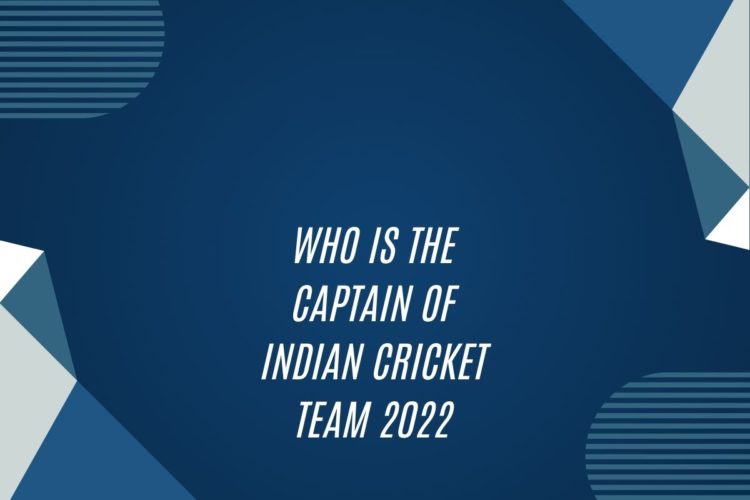Potential candidates for captaincy
In the realm of Indian cricket, there exists a plethora of talented players who have the potential to lead the team as captain. Virat Kohli, renowned for his aggressive batting style and astute cricketing mind, stands out as a strong contender for the coveted role. His proven track record of success, both as a batsman and as a leader, makes him a frontrunner in the race for captaincy.
Another formidable candidate is Rohit Sharma, a player known for his dynamic strokeplay and calm demeanor on the field. Sharma’s leadership skills have been on display as the captain of the Mumbai Indians in the Indian Premier League, where he has guided the team to multiple championships. With his tactical acumen and ability to lead by example, Sharma presents a compelling case for consideration as the next captain of the Indian cricket team.
Current captain of the Indian cricket team
Virat Kohli, the charismatic and aggressive batsman, currently holds the prestigious role of Indian cricket team’s captain. Known for his unparalleled cricketing skills and fierce competitive spirit, Kohli has led the team with determination and tenacity. His ability to lead by example on the field has earned him respect from teammates and opponents alike.
Under Kohli’s captaincy, the Indian cricket team has achieved numerous notable victories across all formats of the game. His strategic acumen and unwavering passion for the sport have been instrumental in shaping the team’s performance on the international stage. Kohli’s presence on the field exudes confidence and serves as a source of inspiration for his teammates, driving them to strive for excellence and achieve greater heights in the realm of cricket.
Factors influencing the selection of a captain
Factors influencing the selection of a captain in any cricket team can vary greatly. One key factor is the player’s experience and understanding of the game. A captain should possess a profound knowledge of cricket strategies, be able to read the game situation, and make quick and effective decisions that benefit the team.
Another critical factor is the player’s ability to lead by example. The captain is not only responsible for making tactical decisions but also for motivating and inspiring the team members. Leading by example in terms of discipline, work ethic, and performance on the field can significantly influence the team’s morale and performance.
Previous captains of the Indian cricket team
Before leading the current Indian cricket team and steering it to numerous victories, Mahendra Singh Dhoni showcased remarkable leadership skills during his tenure as captain. Dhoni, known for his calm demeanor and tactical acumen, guided the team to its first T20 World Cup victory in 2007 and the 2011 Cricket World Cup title.
The legendary Sourav Ganguly, often referred to as the ‘God of the Off Side’, revitalized Indian cricket during his captaincy stint. Ganguly played a pivotal role in nurturing young talents like Yuvraj Singh and Harbhajan Singh, instilling a sense of confidence and aggression within the team. Under his leadership, India made significant strides in the international cricket arena, establishing a formidable reputation.
Leadership qualities required for the role
Leadership on the cricket field is a crucial aspect that can make or break a team’s performance. The captain is expected to possess strong decision-making skills, keeping the team’s best interests in mind at all times. A good captain leads by example, showing grit, determination, and resilience in the face of challenges.
Apart from tactical acumen, a captain must also be an effective communicator, able to convey strategic plans clearly to teammates. Additionally, the ability to remain calm under pressure and motivate fellow players is key in guiding the team towards success. Great captains have the skill to inspire and unite the team, fostering a sense of camaraderie and a shared goal of victory.


















